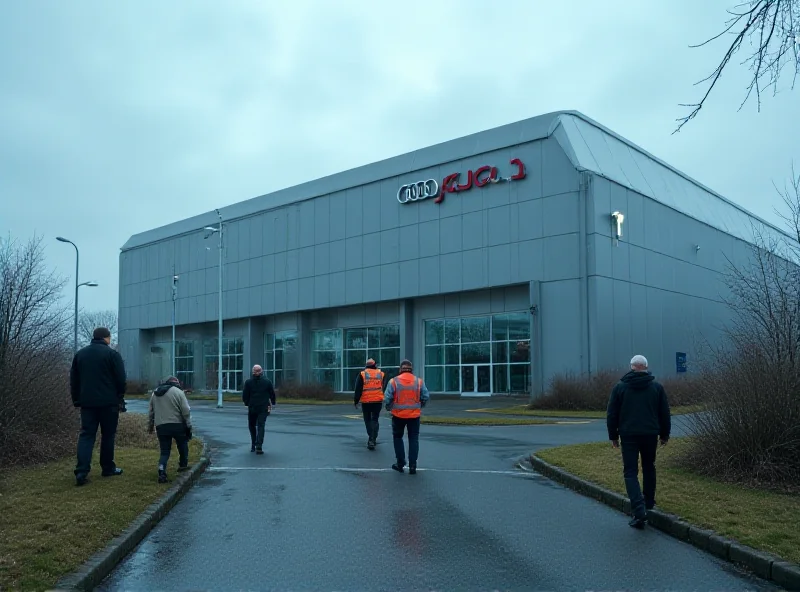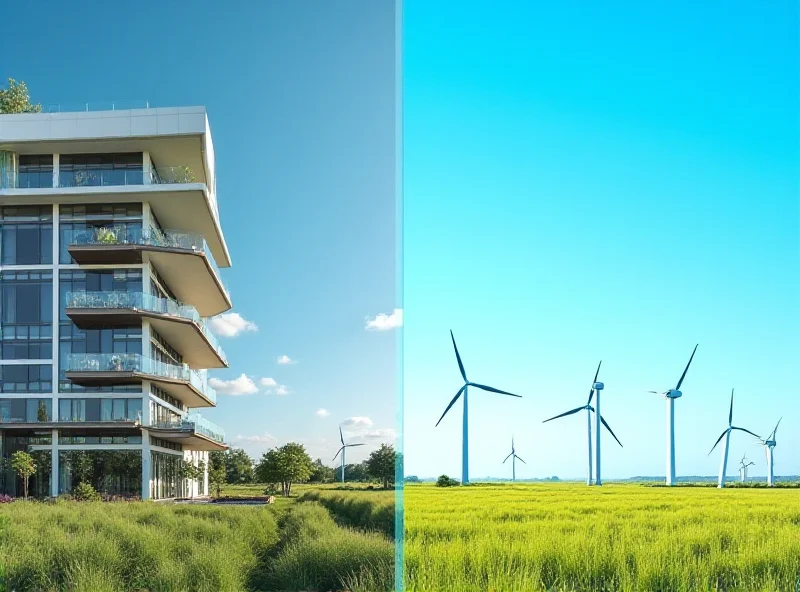Brussels is buzzing with business news this week, from major acquisitions to significant job cuts. Let's dive into the latest developments shaping the European economic landscape.
Nokia's Infinera Acquisition Gets the Green Light
The European Commission has given its unconditional approval to Nokia's €2.19 billion acquisition of Infinera, a US-based company. This move is set to strengthen Nokia's position in the optical transport equipment market. Both Nokia and Infinera provide a wide range of equipment in this sector, and the deal is expected to bring significant synergies.

This acquisition marks a significant step for the Finnish tech giant as it expands its portfolio and aims to solidify its dominance in the telecommunications infrastructure space. The Commission's approval indicates that the deal does not raise any competition concerns within the European market.
Audi Shuts Down Brussels Factory, 3,000 Jobs Lost
In less positive news, Audi is definitively halting production at its Brussels factory, a decision that will impact 3,000 jobs. This closure represents a significant blow to the local economy and highlights the challenges facing the automotive industry in Europe.
European Commission President Ursula von der Leyen is expected to unveil an action plan aimed at supporting the automotive industry in the wake of this announcement. The details of this plan are eagerly anticipated, as stakeholders look for concrete measures to mitigate the impact of job losses and promote the long-term sustainability of the sector.

Other Notable Developments
Beyond these major headlines, other significant developments have emerged. The European Court of Justice has voiced its support for limiting real estate commissions in housing transactions, arguing that such measures could improve access to affordable housing.
Meanwhile, Iberdrola, Europe's largest electric company by market capitalization, is celebrating exceeding its targets. The company increased its dividend by 17% and boosted its investments by 50%, reaching €17 billion, with a continued focus on the US market despite the political climate.

Finally, the European Commission's "Clean Industrial Deal," designed to lower energy costs and support European industry, has faced criticism from industry representatives and analysts. They argue that the plan lacks concrete measures and fails to address the ongoing industrial crisis effectively.
These developments paint a complex picture of the current economic climate in Europe, marked by both significant opportunities and considerable challenges. The coming months will be crucial in determining how these trends unfold and shape the future of European business.
